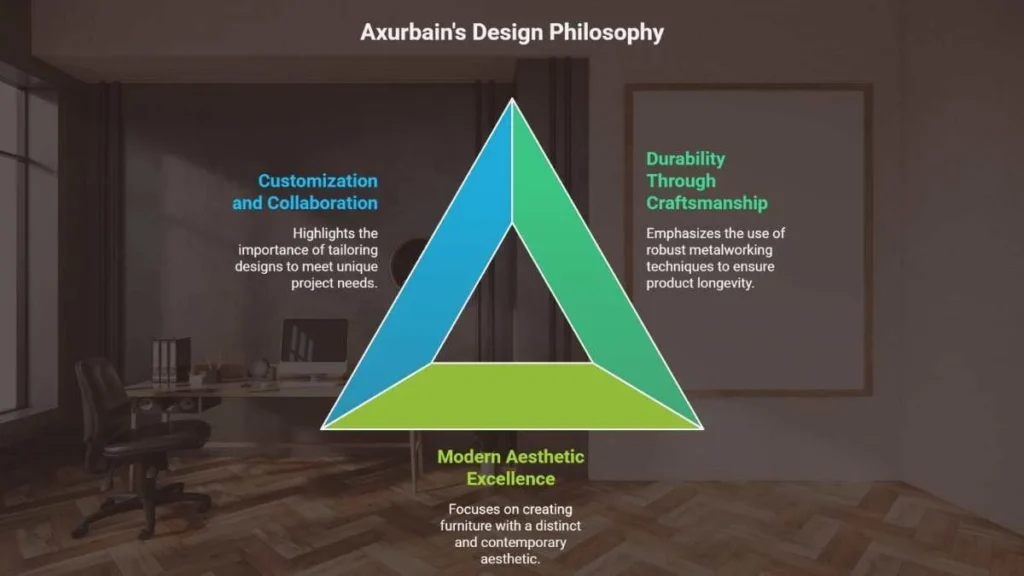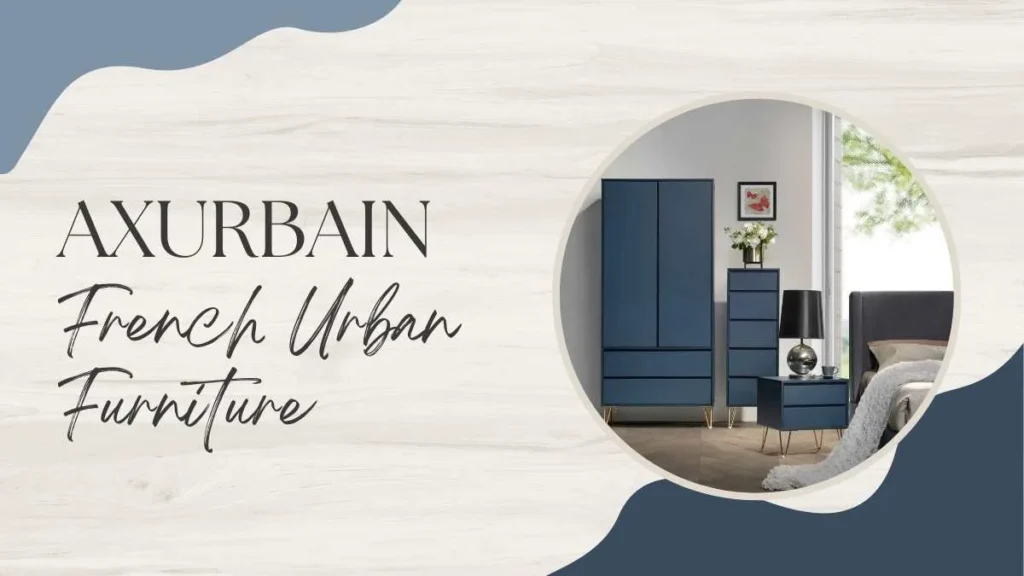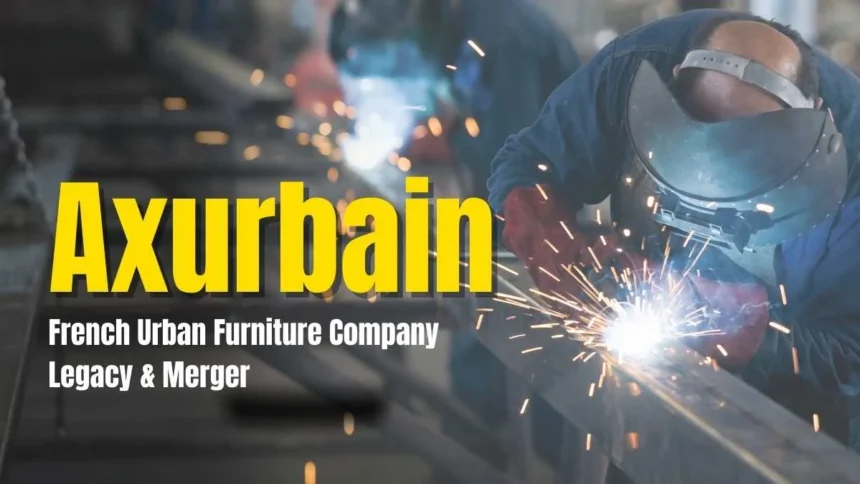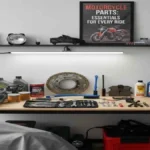Axurbain was a French metal processing company headquartered in Fabrègues, recognized for its specialization in high-quality urban furniture and public space equipment. Founded in 2001, it became a trusted partner for municipalities, architects, and urban planners, offering products such as benches, barriers, and planters. The company distinguished itself by combining durable metal craftsmanship with modern, aesthetic design, creating outdoor solutions that enhanced both functionality and visual harmony in city environments.
In December 2023, it entered a new chapter when it was merged into Agora Mobilier Urbain, a larger entity within the same industry group. This strategic move ensured the preservation of Axurbain’s product lines, design expertise, and legacy, while expanding its reach under a stronger, unified brand identity.
The Origins of Axurbain: A French Vision for Urban Spaces
Founded in 2001 in Fabrègues, a commune near Montpellier in southern France, Axurbain began with a clear mission: to reimagine urban furniture through the lens of modern design and robust craftsmanship. At a time when many cities sought to revitalize their public spaces, the company positioned itself as a trusted partner to local authorities and designers aiming to balance functionality with aesthetics.
From the outset, Axurbain’s foundation in metal processing distinguished it from many competitors. Metal offered strength, resilience, and adaptability qualities essential for outdoor installations exposed to weather, wear, and the demands of heavy public use. By marrying metalworking expertise with contemporary design, Axurbain quickly carved a niche in the French market.

Philosophy and Design Approach
Axurbain’s guiding principle was the belief that public spaces should inspire community, comfort, and connection. To achieve this, the company embraced a design philosophy built on three pillars:
Durability Through Craftsmanship
This Urban furniture from France relied on robust metalworking techniques, ensuring that each product was engineered to last.
Modern Aesthetic Excellence
Unlike generic industrial solutions, it infused its creations with a distinctly modern aesthetic.
Customization and Collaboration
Understanding that each municipality and architectural project had unique needs, it specialized in tailored designs.
The 2023 Merger with Agora Mobilier Urbain
In December 2023, it ceased operating as an independent entity when it was merged into Agora Mobilier Urbain, a larger company within the same industrial group. This strategic consolidation was not a disappearance but a continuation under a stronger brand identity.
The merger ensured:
- Preservation of Product Lines: Axurbain’s benches, planters, and barriers continued to be produced.
- Knowledge Transfer: Design expertise and craftsmanship were retained within Agora’s ecosystem.
- Expanded Reach: The larger entity gained enhanced capacity to serve broader markets across France and beyond.
For clients and partners, this meant continuity, stability, and access to an even wider portfolio of urban solutions.
Axurbain vs. Agora Mobilier Urbain: Key Comparison
| Feature / Value | Axurbain (2001–2023) | Agora Mobilier Urbain (Post-2023) |
| Headquarters | Fabrègues, France | Broader national presence |
| Core Expertise | Metal processing & design of urban furniture | Integrated urban solutions, broader scope |
| Specialization | Benches, planters, barriers, and public space equipment | Extended product portfolio & smart design |
| Client Focus | Municipalities, architects, planners | Municipalities, private developers, public institutions |
| Status | Independent brand until Dec 2023 | Parent entity, continuing Axurbain’s legacy |
Innovation and Aesthetic Appeal
In urban design, functionality alone is never enough; public furniture must also enrich the atmosphere of a city. Axurbain mastered this balance by combining modern aesthetics with durable craftsmanship. Its sleek lines, innovative finishes, and adaptable forms ensured installations fit seamlessly into both historic and contemporary settings. Beyond design, the company emphasized sustainability and long-term value, using robust materials and precision engineering to minimize maintenance and extend product lifespan. For municipalities, this meant furniture that was not only visually appealing but also cost-effective, reinforcing their reputation as a trusted partner in enhancing public spaces.
Contributions to French Urban Identity
Public spaces in France are more than functional; they are cultural touchstones. Squares, boulevards, and promenades symbolize civic pride and community life. Axurbain’s work contributed directly to this tradition by supplying furniture that was both practical and artistic. Each installation reflected a commitment to beauty in everyday utility, encouraging citizens to sit, gather, and interact.
Rather than imposing uniformity, it collaborated with local municipalities and planners to create solutions tailored to each city’s character. This approach reinforced France’s belief that urban design should celebrate identity while serving public needs.

FAQs
Q: What materials did Axurbain primarily use for its urban furniture?
A: Axurbain primarily used high-quality metals, combining durability with modern design for public spaces.
Q: Which cities in France featured Axurbain’s public installations?
A: Axurbain’s benches, planters, and barriers were installed in numerous French cities, including Montpellier, Paris, and Lyon.
Q: Did Axurbain offer custom designs for private projects?
A: Yes, Axurbain provided tailored urban furniture solutions for municipalities, architects, and private development projects.
Conclusion
Urban furniture France’s journey from a small Fabrègues-based company in 2001 to a respected national name in urban furniture highlights the importance of design in civic life. By combining metal craftsmanship with modern aesthetics, the company transformed everyday infrastructure into works of design that enhanced public spaces. The 2023 merger with Agora Mobilier Urbain marked the end of its independent operations but guaranteed the survival of its products, expertise, and ethos under a broader and stronger brand.
Axurbain’s story is a reminder that even in industries focused on durability and function, innovation and artistry play a vital role in shaping urban identity.






